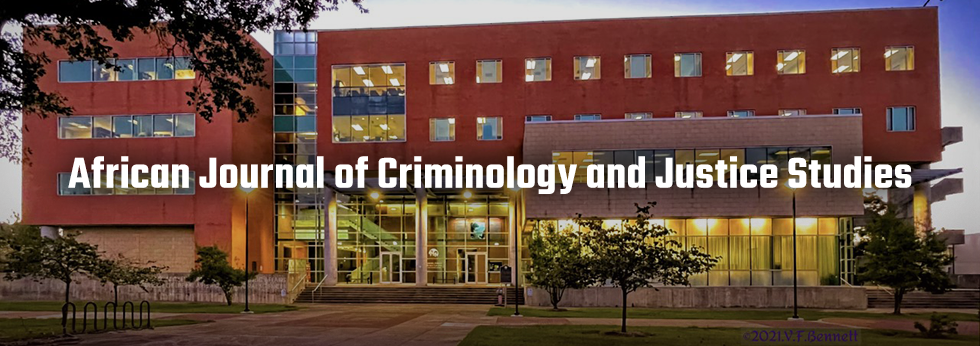Abstract
Using the Routine Activity Theory (RAT), in combination with the Copenhagen School's Regional Security Complex Theory (RSCT), it is underscored that the prevailing security challenges in Nigeria, particularly in the southeastern states, demand an immediate overhaul of the Nigerian Police Force. It is crucial to establish a state police system that empowers each region to address security concerns in collaboration with neighboring regions. This article highlights the benefits of police devolution and stresses the vital role of community engagement in ensuring public safety. By integrating community policing into local police forces and drawing inspiration from successful policing practices in other federal systems, Nigeria can significantly enhance its security framework. Stakeholders must recognize the urgency and potential for positive change in this endeavor.
Recommended Citation
Onwudiwe, Ihekwoaba
(2024)
"The Future Of State Police In Nigeria : A Focus On The Southeast,"
African Journal of Criminology and Justice Studies: Vol. 14:
Iss.
1, Article 1.
Available at:
https://digitalscholarship.tsu.edu/ajcjs/vol14/iss1/1
Included in
Political Science Commons, Public Affairs, Public Policy and Public Administration Commons


